This post contains affiliate links, meaning that if you choose to click through and make a purchase, Sass Magazine may receive a small commission at no cost to you. We only suggest products we love!
The change of season invites you to take stock and reflect, gather your harvest and prepare for the coming holidays. It could also bring you misery if you have allergies. Taking a proactive stance can reduce your suffering when the goldenrod starts shedding petals. Here are eight ways to combat your fall seasonal allergies early.
You may also be interested in:
- 5 Comfy Fall Outfits That Don’t Sacrifice Style
- 5 Ways to Get Your House Ready for Fall
- Sweet Fall Recipes to Fall For
1. Take Your Vitamins
Can taking the right vitamins help with fall seasonal allergies? Research suggests it can. A 2018 study found that oxidative stress, which is caused by harmful free radicals in the body, plays a key role in triggering allergies. This stress lowers the amount of vitamin C in the body, an important antioxidant that helps protect against it. Taking vitamin C supplements can boost your levels and may help reduce allergy symptoms like sneezing and sniffling.
2. Irrigate Your Nose and Eyes
Have you heard of a Neti pot? If you suffer from allergies, you might want to invest in one. These devices irrigate your nasal passages, rinsing out allergens and opening airways. While these gadgets come with no medical guidelines, some ear, nose and throat specialists recommend their use. Allergies can also make your eyes miserably itchy and red, making computer time unbearable. Fortunately, you can find anti-allergy eye drops at most discount stores. Follow the directions on the container to avoid rebound redness that could make you look suspicious at traffic stops.
3. Get Clean and Tidy
When was the last time you got out the feather duster? You might want to do so as often as once or twice a week if you have allergies. The extra effort could do more than reduce your sniffling and sneezing. Letting dust build up can damage your furnishings by scratching them. However, dry rags might do little more than spread allergens around your home. Nor do they kill germs. You should opt for disinfecting wipes, which seek and eradicate germs, as opposed to merely reducing their numbers on surfaces. Sanitizing wipes help but don’t have the same bacteria-busting power.
4. Adjust Your Diet
Eating seasonal foods containing the right blend of nutrients might also ease allergy pain. You already know to chow down on those high in vitamin C, such as citrus fruits and red bell peppers. Why not whip up some curry? It contains turmeric, one of the best natural anti-inflammatories that may reduce some of the swelling associated with your stuffy nose. Onions are a natural source of quercetin, a supplement you might find on store shelves. Some people believe it works as a natural antihistamine.
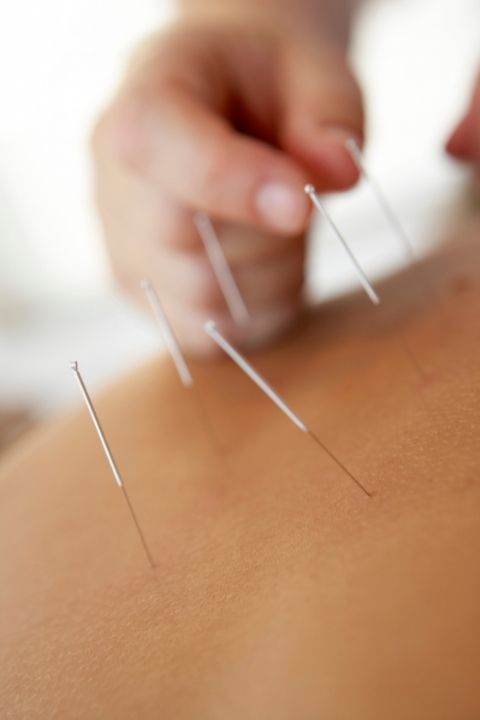
5. Try Acupuncture
Acupuncture may help with fall allergies by reducing inflammation, regulating the immune system, and improving overall energy balance in the body. When the tiny needles are inserted into specific points, it stimulates the nervous system, releasing chemicals like endorphins and serotonin. This can reduce inflammation, which is a key factor in allergic reactions. (Don’t worry about the acupuncture needle—it’s so thin, only slightly thicker than a strand of hair. If you’re used to getting shots, you likely won’t even feel it. ) Additionally, acupuncture may help the body better manage stress, which can trigger or worsen allergy symptoms.
6. Move Your Body
Exercise increases your respiration rate. What happens when you breathe more heavily? You expel allergens from your body more quickly. However, you might want to take some precautions if you’re an outdoor exerciser. Keep an eye on the pollen count. When it soars too high, consider taking your run inside on the treadmill.
7. Try Some Herbs
Butterbur has a longstanding reputation for helping ease seasonal allergy suffering. Science now supports what herbalists have noticed for years. According to the National Center for Complementary and Integrative Health, some studies suggest this herb for treating allergic rhinitis. However, you should avoid this substance if you have concerns about your liver. Opt for a product that has been processed to remove pyrrolizidine alkaloids — please read labels carefully if opting for this route.
8. Experiment With Local Honey
Remember the scene in “The Princess Bride” when Westley says he’s spent years building an immunity to Iocane powder? While that story is fictional, there may be truth to how you can increase your tolerance to nearby allergens through exposure to honey made by bees in your region. Where can you find the best local honey? If you guessed your farmer’s market, you win first prize. You can also find this remedy at many health food stores, although you’ll need to inquire about the source. Your final option is to seek out a nearby beekeeper.
Fall seasonal allergies can make you miserable during one of the best seasons of the year. Combat them early with these techniques!
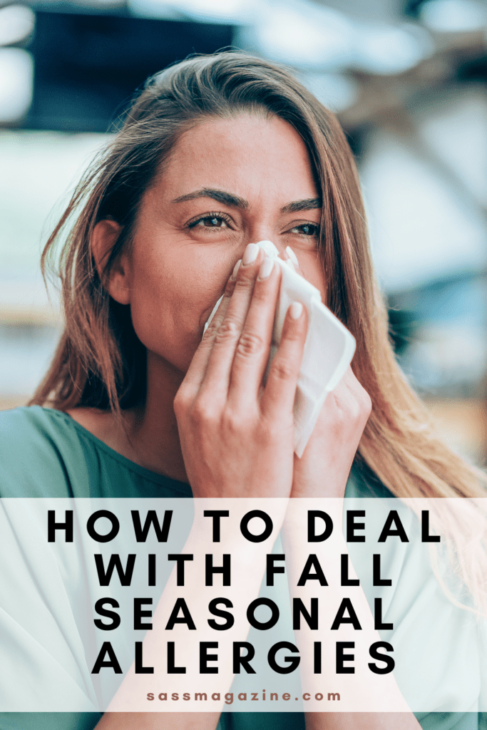

Mia Barnes
Mia Barnes is a lifestyle writer with an interest in healthy relationships, and of course all things…life! She is also the Editor-in-Chief at BodyMind.com.






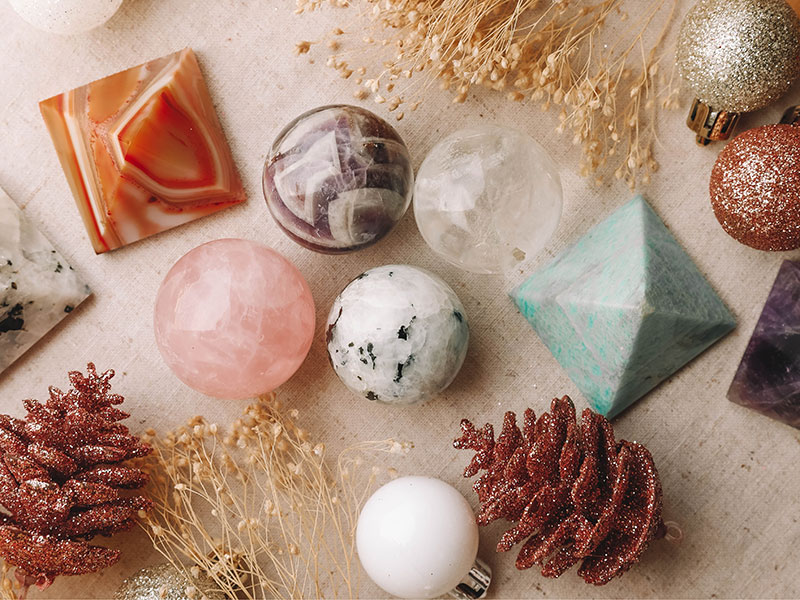

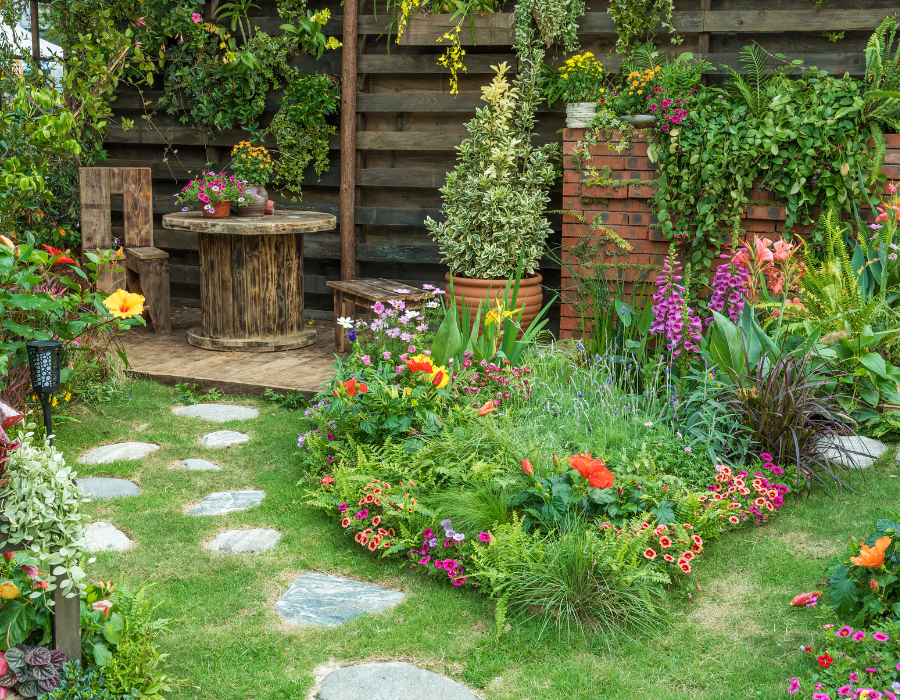











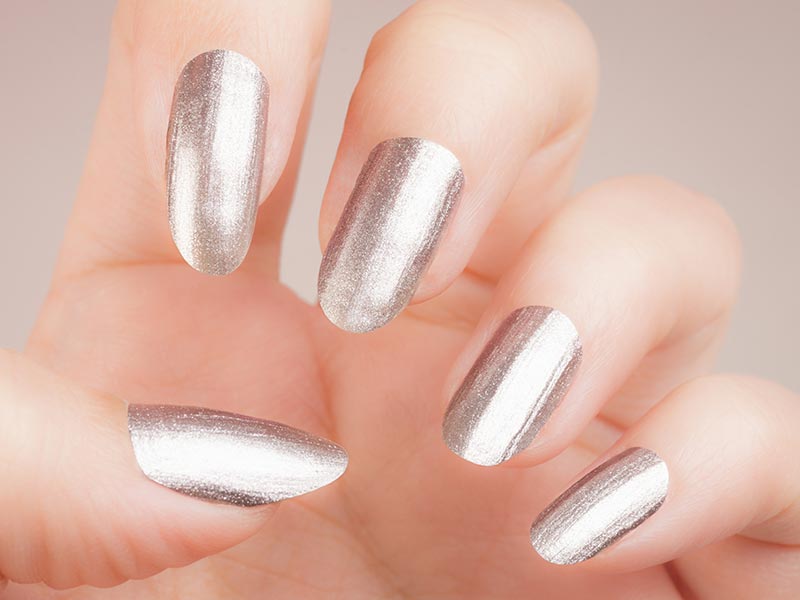

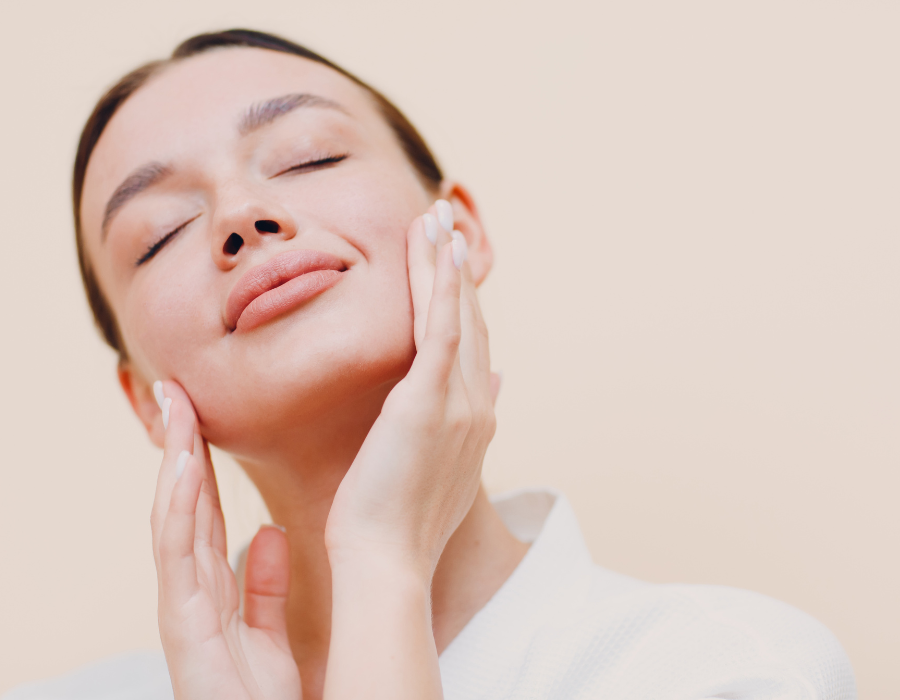
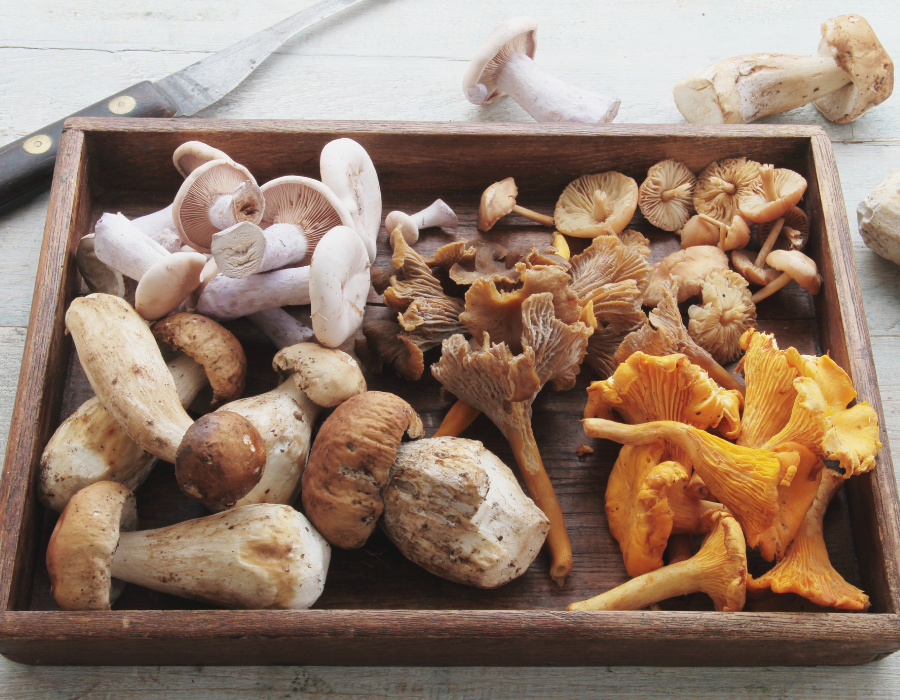

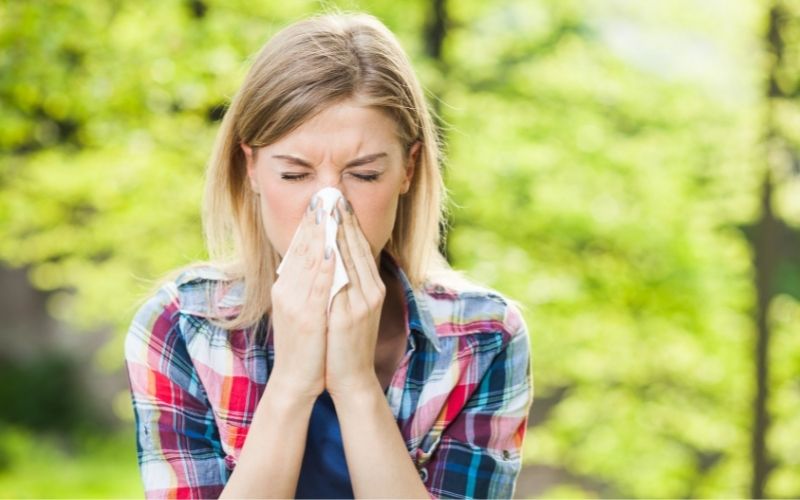
Subscribe so you don’t miss a post
Sign up with your email address to receive news and updates!